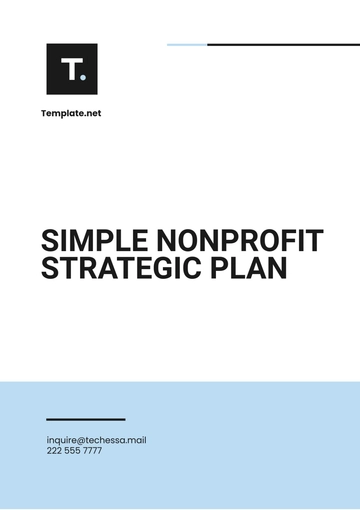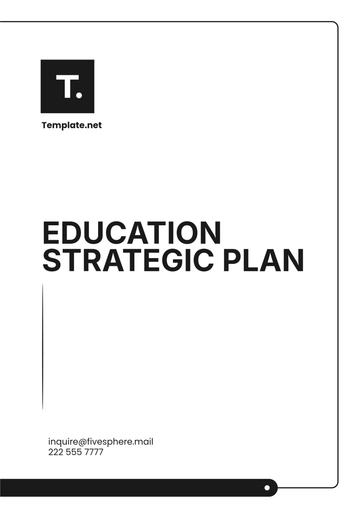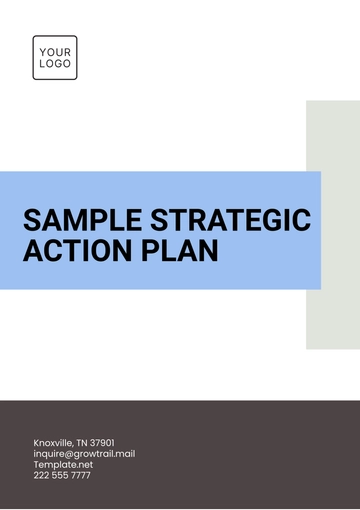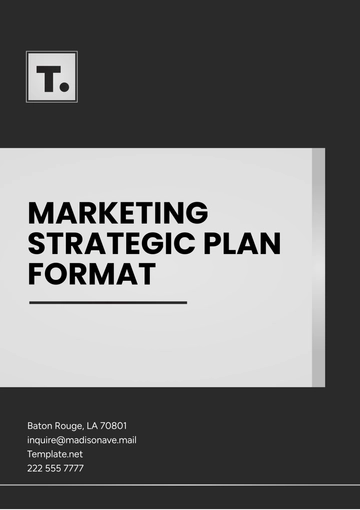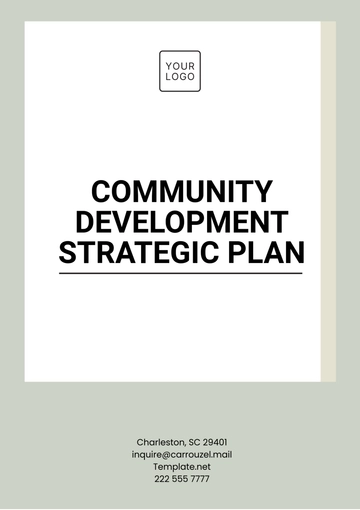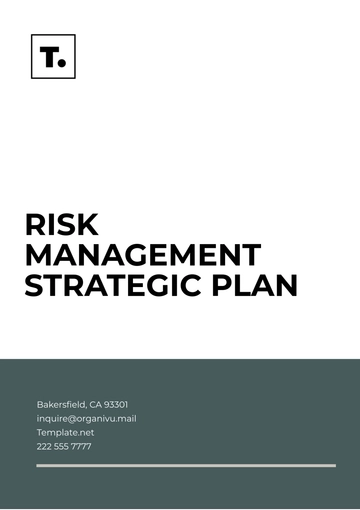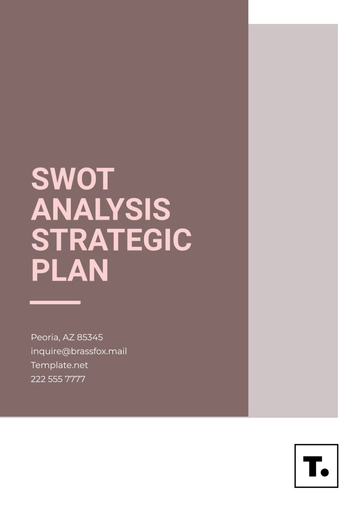Free Sales Manager Strategic Plan

Prepared By: [Your Name]
Date: January 1, 2060
I. Executive Summary
This Sales Manager Strategic Plan outlines our comprehensive approach to achieving our sales objectives for the years 2060 and beyond. Our primary aim is to drive substantial revenue growth, enhance our market presence, and adapt to evolving consumer preferences and technological advancements. This plan will serve as a guiding framework to align our sales efforts with the overarching goals of our organization.
II. Market Analysis
Market Trends: In a world that's becoming more digital, we will keep an eye on trends like automation, artificial intelligence, and sustainability, which are influencing what consumers expect, and we will also study changes in buying habits, such as the increasing preference for online shopping and customized experiences.
Customer Demographics: Our analysis will focus on understanding the diverse demographics of our target audience, identifying key segments such as millennials, Gen Z, and environmentally-conscious consumers. We will utilize surveys and customer feedback to gain insights into their preferences and pain points.
Competitive Landscape: We will conduct a thorough competitive analysis to evaluate our primary competitors' strengths, weaknesses, and market positioning. This will help us identify opportunities for differentiation and areas where we can leverage our unique value propositions to capture market share.
III. Sales Goals
A. Short-term Goals (2060):
Achieve a 15% increase in annual sales revenue through targeted marketing and enhanced customer engagement.
Expand our customer base by 20% in key target markets, focusing on both acquisition and retention strategies.
B. Long-term Goals (2061-2065):
Secure a 25% market share within five years by innovating our product offerings and entering new markets.
Launch at least three new product lines that address emerging customer needs, emphasizing sustainability and technological integration.
IV. Strategies and Tactics
A. Sales Strategies:
Implement an advanced customer relationship management (CRM) system to foster deeper customer relationships and improve sales tracking.
Leverage data analytics to identify high-potential leads and tailor sales approaches based on customer behavior and preferences.
B. Tactical Initiatives:
Execute multi-channel digital marketing campaigns that resonate with younger demographics, utilizing social media platforms and influencers to increase brand awareness.
Organize quarterly training sessions for the sales team focused on enhancing consultative selling skills and product knowledge to ensure they are well-equipped to meet customer needs.
V. Action Plan
Action Item | Responsible Party | Timeline |
|---|---|---|
Conduct comprehensive market research | Sales Manager | Q1 2060 |
Implement the CRM system | IT Department | Q2 2060 |
Develop and launch marketing campaigns | Marketing Team | Q3 2060 |
Facilitate sales training sessions | HR Department | Q4 2060 |
Biannual review and strategy adjustment | Sales Manager | Ongoing |
VI. Budget
Total Sales Budget for 2060: $2,000,000
Marketing Initiatives: $800,000 – To fund advertising, promotions, and digital outreach efforts.
Training and Development: $400,000 – For workshops, seminars, and resources to develop sales team skills.
Technology Investments: $600,000 – To acquire and maintain necessary tools, including CRM systems and data analytics software.
Miscellaneous Expenses: $200,000 – For unforeseen costs and additional opportunities that may arise.
VII. Performance Metrics
Key Performance Indicators (KPIs):
Monthly Sales Revenue: The process of monitoring and evaluating the overall sales performance relative to the predefined targets.
Customer Acquisition Cost (CAC): Conducting a comprehensive evaluation to determine the financial efficiency and overall value derived from the resources and strategies employed in marketing and sales activities.
Customer Retention Rate: Conduct a thorough evaluation of how effectively we have managed to sustain and nurture our current relationships with existing customers.
Sales Team Productivity Metrics: Evaluating the efficiency and effectiveness of the sales team through performance evaluations and conversion rates.
VIII. Conclusion
This Sales Manager Strategic Plan provides a comprehensive roadmap for driving our sales initiatives from 2060 onwards. By remaining responsive to market dynamics and leveraging data-driven insights, we aim to position ourselves as industry leaders and exceed our sales objectives while ensuring sustainable growth.
- 100% Customizable, free editor
- Access 1 Million+ Templates, photo’s & graphics
- Download or share as a template
- Click and replace photos, graphics, text, backgrounds
- Resize, crop, AI write & more
- Access advanced editor
Lead your sales team to success with Template.net’s Sales Manager Strategic Plan Template. This customizable and editable template, available in our Ai Editor Tool, is designed specifically for sales managers looking to develop effective strategies. It provides a structured approach to setting goals, monitoring progress, and making data-driven decisions. Customize the content to suit your team’s needs for optimal results.

